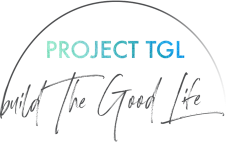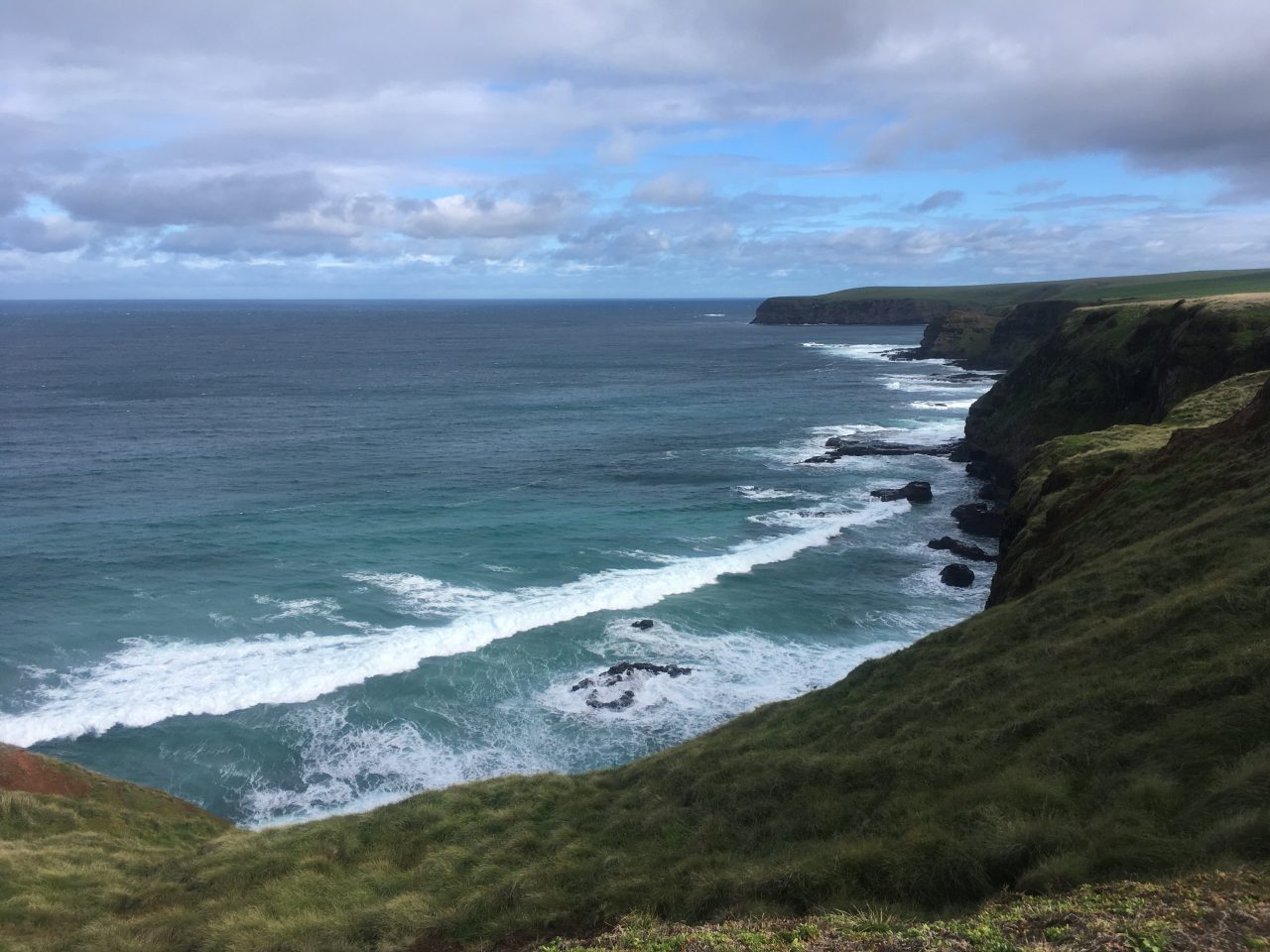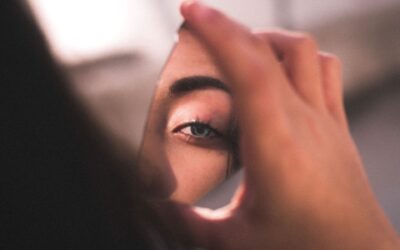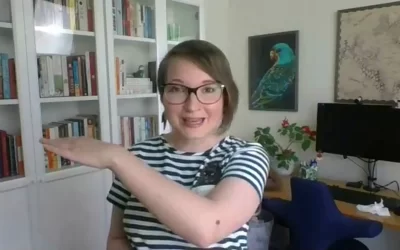Welcome to the second instalment of “My Good Life”, a monthly series in which I interview different people about their lives. This month’s interviewee is Kirra Minton, history PhD candidate, reader, and lover of nature.
I love how Kirra has built her life around activities she enjoys and values, and her PhD topic has to be just about the most interesting I’ve heard of (and I know a lot of PhDs). Kirra’s practice of writing a to-do list for the next day before going to bed is a brilliant strategy for staying on top of things (and, according to recent research, also helps you fall asleep quicker).
–Christina
What part of the world do you live in? What do you like about it?
I live on the Mornington Peninsula. I love being so close to the sea, and I love that there’s so much nature everywhere.
How do you spend your days?
I am in my final year of a History PhD at Monash (looking at teen girl magazines in Australia and the USA), and I’m the Deputy Director of Monash University’s Centre for Undergraduate Research (CURIE).
No two days are the same for me, which I love. I work from home fairly regularly so when I’m not at Monash you can find me at home (or on a beach box or in a cafe somewhere) writing about Dolly and Seventeen magazine, reading as much as I can about the history of Australia and the US from the 1970s, and keeping up with work emails.
I have a veggie garden that I’m pretty obsessive about, so I’m out there in my wellies every day watering and weeding and generally just basking in the miracle that is growing your own food. I go to the beach most days, too, either to swim or to just wander and look for sea glass. And if the surf is good you’ll find me in the waves. (I’m not very good, but I’m getting better!)
What makes (your) life good? What do you enjoy?
At the moment I’m lucky enough to have incredible flexibility in my job and my studies, which is just such a luxury. I’m not one for rigid routines (they make me a bit anxious, which I know is different to how a lot of people feel about routine!), so to be able to dictate how I spend my days is definitely a major part of what makes my life good. Being surrounded by nature is really important to my overall wellbeing, so having the ability to work from the beach or the bush is wonderful.
Reading in nature is just about my favourite thing in the world.
I also cannot overstate how important reading novels is to me. The more stressed I am, the more novels I get through. Reading in nature is just about my favourite thing in the world to do. I’m also really lucky to live close to most of my favourite people, so I get to hang out with the people I love almost every day. Generally, if I’m spending a good amount of time outside in nature every day – reading, moving, writing, talking – I know I’m living my best life.
What are some personal goals or projects that you have at the moment?
The main goal at the moment is to finish my PhD this year. I’d also like to get better at surfing, and I’m working on growing a really good autumn/winter veggie garden.
What tools or techniques do you use to stay organised or productive?
Because my days are pretty unstructured and I don’t have a set weekly routine, every evening I write myself a list of what I want to get done the next day (and since reading Project TGL’s posts on how to write a good to-do list, I make these lists much more detailed, write them in chronological order, and include things like ‘wash clothes’ and ‘buy x, y, z from supermarket’, which has helped my productivity enormously).
Sometimes if I’m working on my thesis at home and I’m getting distracted I’ll pack everything up and move to a local cafe. I find that there’s a bit of a performative aspect to my productivity sometimes – on the odd occasion I’ll need people around witnessing my productivity for me to actually achieve it.
If I’m having trouble getting started I’ll trick myself into it (something I’ve been doing successfully since high school). I’ll say, “Okay, I’ll just read over my notes from yesterday and see where I’m at and that’s all,” and before I know it it’s five hours later and I’ve been working productively all day.
If I’m getting restless and ‘cabin-feverish’ I’ll go for a quick walk, or spend twenty minutes in my garden to refresh my brain. And as far as my thesis is concerned, I never, never, never stop working unless I know exactly what I’m going to write next. It makes starting up again the following day much less daunting.




